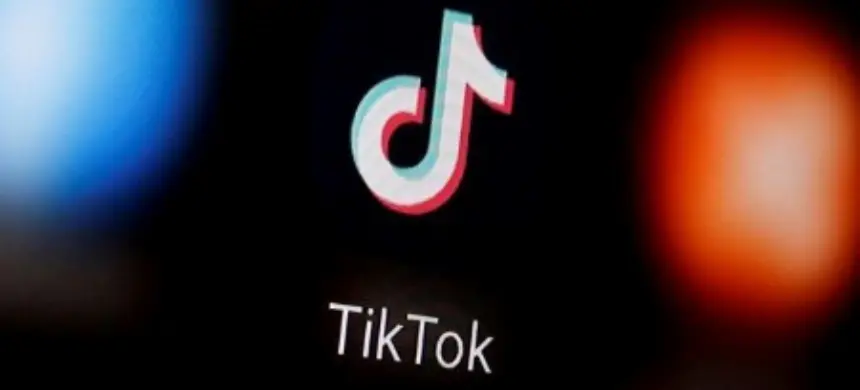TikTok Fights U.S. Ban in Federal Court: Legal Battle Over Free Speech and National Security
TikTok, the popular short video app used by 170 million Americans, is facing a potential ban in the United States, with a looming deadline of January 19. The app’s parent company, ByteDance, is battling a law that requires it to sell or divest TikTok’s U.S. assets or risk being banned. On Monday, ByteDance’s legal team presented their case before a three-judge panel of the U.S. Court of Appeals for the District of Columbia, arguing that the law violates free speech rights and other constitutional protections.
Andrew Pincus, the lawyer representing TikTok and ByteDance, argued that the U.S. government has failed to prove that TikTok poses a real national security threat. He emphasized that the law specifically targets a U.S.-based speaker, potentially infringing on the First Amendment, which protects free speech.
Read more: Russia, China, and India to Collaborate on Building Massive Nuclear Power Plant on the Moon
“The law before this court is unprecedented, and its effect would be staggering,” Pincus stated, emphasizing that Congress had never before targeted a specific platform with such drastic measures. He further warned that allowing the law to stand would set a dangerous precedent, where the government could claim national security concerns to shut down any media outlet or platform.
National Security Concerns Raised by U.S. Government
On the other side, Daniel Tenny, a lawyer for the Justice Department, stood firm on the government’s stance. He stressed that TikTok’s Chinese ownership gives China potential access to a vast amount of American user data, which could be manipulated or used for spying.
Tenny pointed out the complexity of TikTok’s technology, stating that its two billion lines of code are modified regularly, making it nearly impossible for U.S. authorities to ensure that the app isn’t compromised. “There is so much happening in China outside the control of the United States that it poses a grave national security risk,” he argued.
Judges Question Both Sides
The panel of judges, including Sri Srinivasan, Neomi Rao, and Douglas Ginsburg, posed tough questions to both sides. Judge Rao cited the challenge of verifying TikTok’s transparency, while Judge Ginsburg compared the law to existing U.S. regulations that bar foreign ownership of broadcast licenses.
Judge Srinivasan brought up the hypothetical situation of a U.S. conflict with China, questioning whether Congress could ban foreign ownership of major media outlets under such circumstances. Pincus acknowledged that Congress likely could in a wartime scenario but noted that no such justification was provided in this current law.
TikTok Ban or Divestment: Deadline Approaches
The law, passed earlier this year with overwhelming congressional support, gives ByteDance until January 19 to sell TikTok’s U.S. assets or face a ban. If ByteDance fails to divest by the deadline, app stores like Apple and Google would be prohibited from offering TikTok, and internet hosting services would be barred from supporting the app. President Biden could extend the deadline by an additional three months if ByteDance shows significant progress toward a sale.
High-Stakes Legal Battle Amid Presidential Campaign
This legal battle comes amid the final weeks of the U.S. presidential campaign, where Donald Trump and Kamala Harris, the Democratic vice president, are both actively using TikTok to engage younger voters. Trump, who unsuccessfully attempted to ban TikTok in 2020, has stated that if he wins the upcoming election, he would not allow the platform to be barred.
Both TikTok and the Justice Department have asked the court to issue a ruling by December 6, giving the U.S. Supreme Court time to consider any appeals before the ban’s deadline. As the case unfolds, it highlights the tension between national security concerns and free speech protections in the digital age.
TikTok’s fate now hangs in the balance, as the court deliberates whether the popular platform will be forced to change ownership or disappear from the U.S. market entirely.











